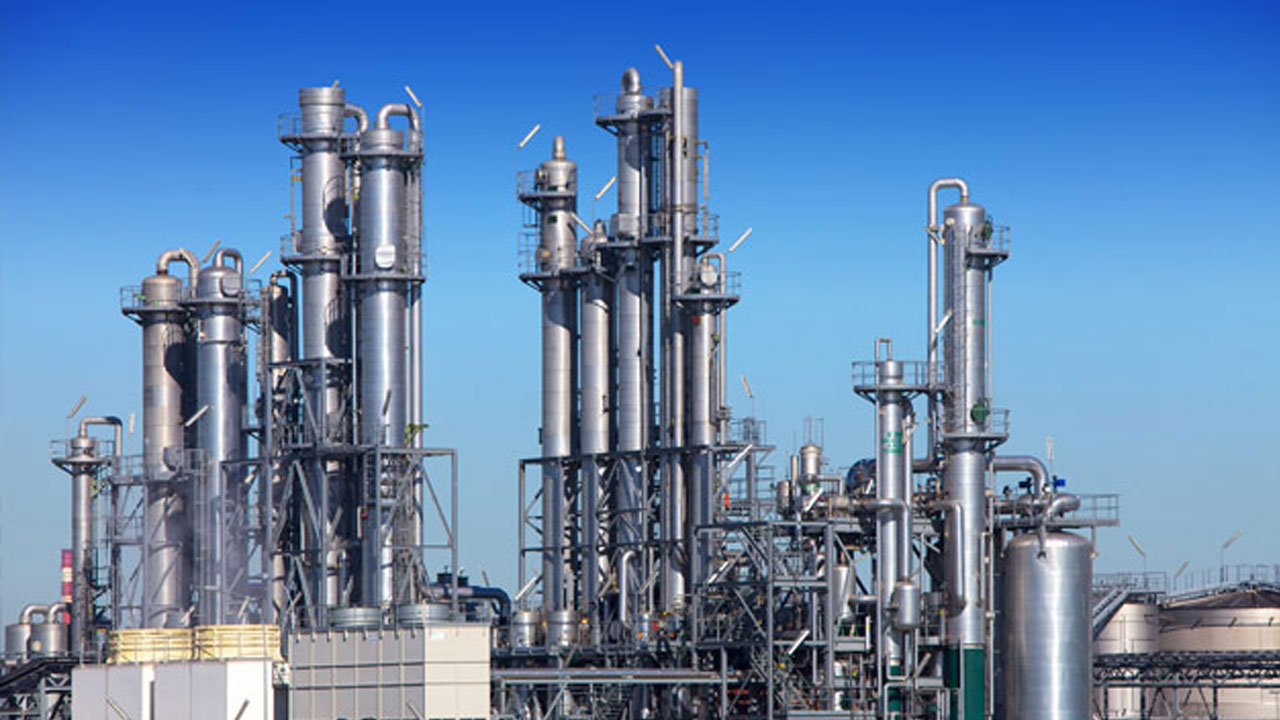- US, FG Back 20,000bpd Oil Refinery in Lagos
The construction of a 20,000-barrels-per-day crude oil refinery in Lagos by a Nigerian petrochemical and refining company has received a major boost with the signing of a grant by the United States Trade and Development Agency.
Similarly, the Federal Government has pledged to provide the necessary support to the company towards the completion of the project aimed at ramping up the nation’s oil refining capacity.
The USTDA on Friday signed the grant with Eko Petrochem and Refining Company Limited for a feasibility study supporting technologies and development of an implementation plan for the modular refinery on Tomaro Island in Lagos.
Eko Petrochem and Refining Company said it had selected Texas-based VFuels, LLC to carry out the study, which would provide technical analyses and engineering and design needed to advance the refinery.
“We are proud to support this new project, which will lead to infrastructure development and economic growth in Nigeria. This project represents an excellent opportunity for the US businesses to export technologies and services in support of Nigeria’s refining goals,” the USTDA’s Acting Director, Mr. Thomas Hardy, said at the signing ceremony in Lagos.
The Chairman, Eko Petrochem and Refining Company, Mr. Emmanuel Iheanacho, said the US government, acting through the USTDA, had accelerated the process of the company’s planned economic investment through the industrial development grant of $797,343.
“We appreciate the USTDA supporting our company’s infrastructure development plans. The funds received will help ensure the timely completion of the proposed development and the attainment of the underlying economic and social impact envisaged,” he said.
Iheanacho said several studies, including the front-end engineering design as well as the environmental impact assessment, had been completed, adding that about $250m would be required to complete the refinery.
The Minister of State for Petroleum Resources, Dr. Ibe Kachikwu, who commended the commitment of Iheanacho to the refinery project, said financing was one of the major challenges facing most of those that had been licensed to build refineries in the country.
He said, “We all know it is very difficult to raise funds and, therefore, when you hear that the USTDA is extending its hands of fellowship and support to provide the initial seed funding required to go beyond the detailed engineering design, that also shows that behind him (the visionary of this project) there is a partner that is likely to support and provide the financing required to establish the refinery.
“For him to be able to bring down to this island the US ambassador is another demonstration of the commitment and determination to do whatever is necessary to see this project come on stream.
Kachikwu, who was represented by the Executive Director/Coordinator, Nigeria National Petroleum Corporation, Refinery, Downstream and Infrastructural Development, Mr. Rabiu Suleiman, promised to provide all the necessary support required by the company to make the refinery a reality.
He said he was working hard to see how the company could be granted a pioneer status and secure various duty waivers, import facilitation of equipment and engineering review.
The minister urged the company to take the host communities along in order to create a harmonious relationship with them.
The US Ambassador to Nigeria, Mr. Stuart Symington, while commending Iheanacho for the commitment to the project, said, “He is investing at a time with the government that believes profoundly in the power of the individual citizens and entrepreneurs, and he is doing it at a time with a government that believes Nigeria can do what can be done anywhere in the world.”
The Managing Director, VFuels, Mr. Souheil Abboud, said the company was proud to partner the USTDA to further develop the refinery, adding, “We believe very strongly in our commitment to serving the Nigerian people and are enthusiastic that the USTDA shares the same vision and commitment.”
He said the refinery would be a model for those looking to improve Nigeria’s local refining capacity and would contribute to the growing demand for fuels and electricity.
The USTDA helps companies to create the US jobs through the export of the US goods and services for priority development projects in emerging economies.

 Forex2 weeks ago
Forex2 weeks ago


 Naira1 week ago
Naira1 week ago
 Naira4 weeks ago
Naira4 weeks ago
 Company News4 weeks ago
Company News4 weeks ago




 Naira1 week ago
Naira1 week ago
 Billionaire Watch1 week ago
Billionaire Watch1 week ago




 Naira3 weeks ago
Naira3 weeks ago




 Naira1 week ago
Naira1 week ago





















